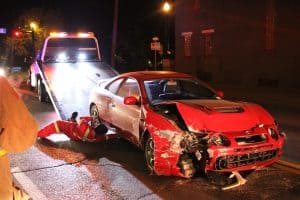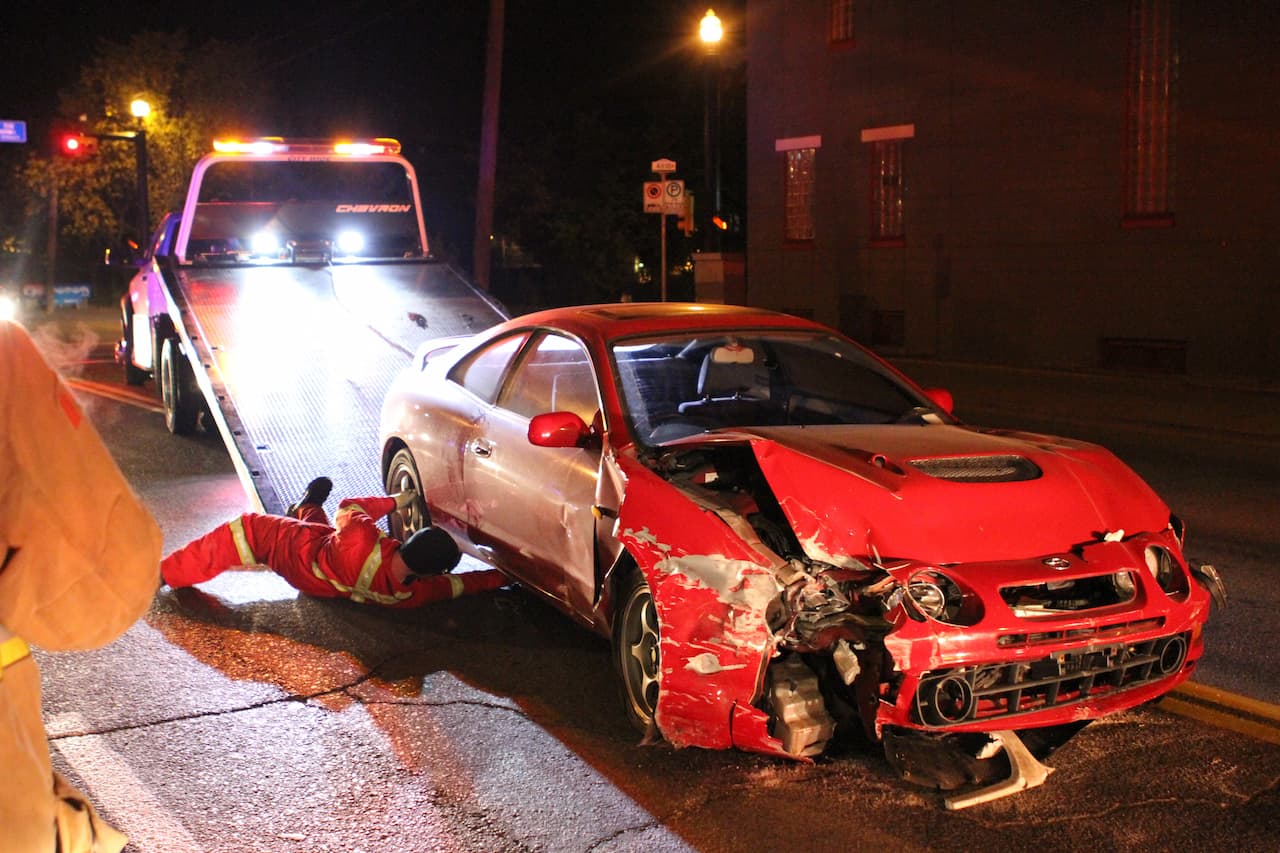Wrongful Death
Home / Wrongful Death
Wrongful Death Cases
The sudden and unexpected loss of a loved one creates a void that no amount of money could possibly fill. This pain is particularly acute if someone else’s negligence caused the wrongful death. Indeed, to even imply that this substitution is possible is to cheapen the life of the deceased person. However, the fact is that a sudden departure creates economic expenses that a family was usually not prepared to pay. Furthermore, the deceased person would have wanted survivors to move on with their lives as best they could. While financial compensation cannot possibly fill the void, it does give survivors the resources they need at a time when they need them most.
At the Pianko Law Group, our energetic New York wrongful death lawyers hit the ground running in wrongful death claims. We start by evaluating your case to determine your legal options and red-flag possible insurance company defenses. Then, we collect evidence which supports your claim and refutes those defenses. Because we build such a strong foundation, and build it so quickly and thoroughly, we are usually able to obtain maximum compensation in a minimal amount of time.
What Causes Wrongful Death?
Many writers use the phrase “accidental death” to describe injury-related fatalities in the United States. Generally, however, these incidents are not accidental. The A-word implies that no one could have done anything to prevent the person’s death. In most cases, that’s not true, usually because of the legal duty of care involved. Some examples include:
1. Unintentional Poisoning
These incidents normally involve opioid painkillers or heroin overdoses. While the individuals bear some measure of responsibility, there is plenty of other blame to go around. For example, property owners sometimes turn a blind eye to drug use, doctors sometimes write prescriptions without asking questions, and many painkillers had design defects.
2. Motor Vehicle Crashes
Even though today’s cars are safer than ever, vehicle collisions still kill tens of thousands of Americans every year. Head injuries and excessive blood loss are the most common specific causes. The most advanced safety systems in the world cannot possibly absorb all the force in a high-speed vehicle collision
3. Falls
Especially if the victim had a pre-existing condition or was an older person, these incidents are often fatal. Even if these victims survive, they must normally deal with serious physical and emotional injuries. Typically, because of these injuries, when older people fall, they can never live independently again.
Other causes of wrongful death include medical mistakes, such as birth injuries, assaults, and swimming pool drownings. Doctors are normally responsible for malpractice injuries. Property owners are normally legally responsible for assault and swimming pool drowning deaths.
Pianko Law Consultation
Establishing Liability
Noncommercial motorists usually have a duty of reasonable care. This responsibility is based on the Golden Rule (do unto others as you would have them do unto you) which New York children once had to memorize in school. These motorists must drive defensively, obey the formal and informal rules of the road, and avoid accidents when possible.
Commercial drivers, such as bus drivers and Uber drivers, usually have a duty of utmost care. They must take affirmative steps to avoid accidents. Inclement weather driving is a good example of the difference. Noncommercial drivers must slow down when it rains or snows. Arguably, commercial operators must pull over and wait for the weather to clear before they hit the road.
As mentioned, property owners, whether it be residential or commercial property, have a similar duty of care. The level of responsibility usually depends on the relationship between the victim and owner, as follows:
1. Invitee
Commercial passengers are invitees. They have permission to be in the car and they provide an economic benefit to the owner. Most commercial shoppers and invited guests are also invitees. The benefit can be tangible or intangible. Owners usually have a duty of reasonable care in these situations.
2. Licensee
This category applies if the victim had direct or indirect permission to be on the land, but there was no benefit involved. Children who cut across a neighbor’s yard on their way to school are usually licensees. Since the relationship is more distant, the duty of care is lower. Owners must generally warn licensees about latent (hidden) defects, such as covered wells.
3. Licensee
If there was no permission and no benefit, there is generally no duty. Some legal doctrines, like the attractive nuisance rule, protect child trespassers. So, if a child used a neighbor’s swimming pool without permission, the duty of reasonable care usually applies.
Practice Areas

Workplace Accidents

Truck Accidents

Slip & Fall Accidents

Motorcycle Accidents

Car Accidents

Products Liability

Bicycle Accidents

Pedestrian Accidents

Wrongful Deaths
Get a Free Consultation
"*" indicates required fields
Practice Areas

Schedule Your Free Consultation Today
You don’t pay unless we get you paid. That’s our guarantee! So what are you waiting for? Schedule your free personal injury consultation today.

Let Us Help
If you need legal representation for you personal injury we are here to help. Call us today or click the button below to schedule a free consultation.
Contact Form
Get A Free Case Evaluation With an Award-Winning Injury Firm
Contact Form
"*" indicates required fields